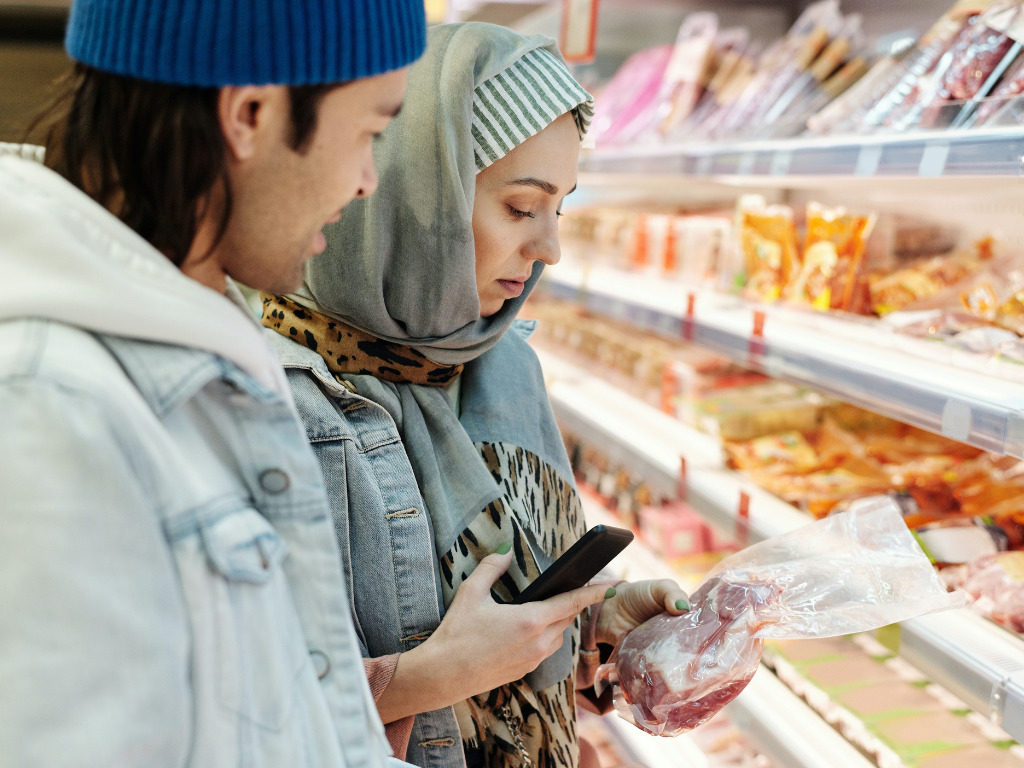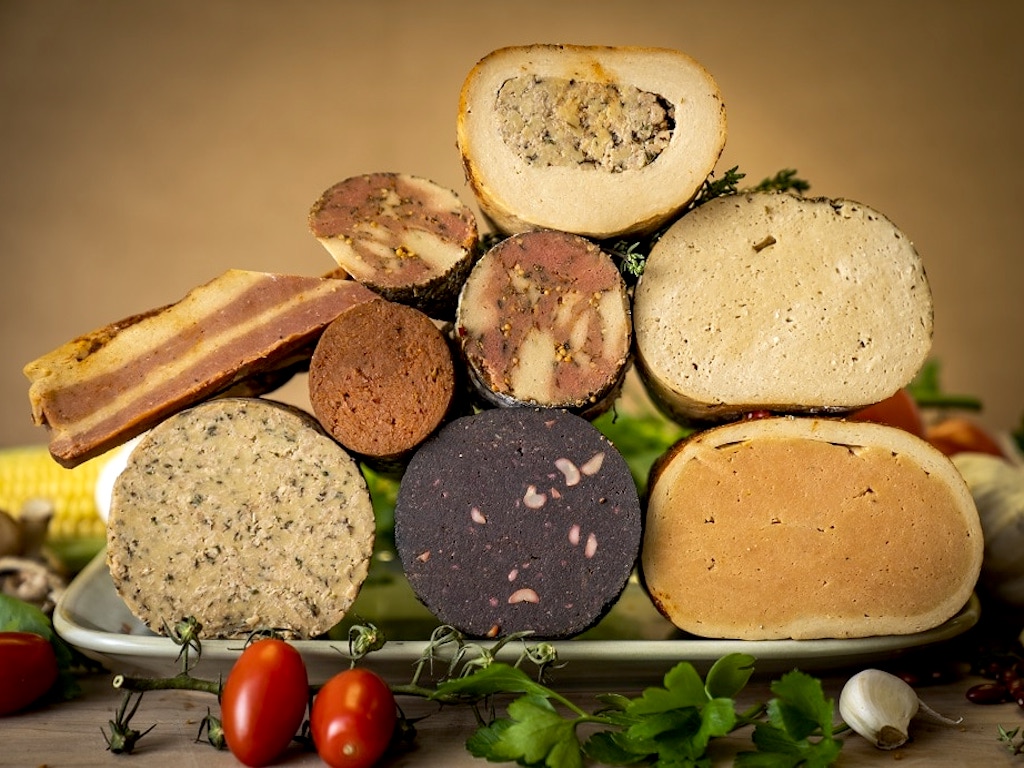3 Mins Read
Cross-contamination is a big concern for allergy sufferers, as well as vegans. With numerous companies producing ‘fully vegan’ products, EthiChain developed technology that could put such claims to the test. It has done so to heighten transparency and integrity in the food chain, citing ‘food fraud’ as a global concern.
Food fraud undermines consumer confidence, with prolific cases seemingly never leaving the public’s minds. From restaurants deliberately ‘spiking’ vegan food to the horsemeat scandal of 2013, consumers are regularly reminded that they don’t know for definite what they are eating. EthiChain seeks to remedy this with food identification technology.

Giving peace of mind
EthiChain is an EIT Food-funded project, which in turn, is supported by E.U. funding. Other notable partners include Lithuanian tech company ART21, The University of Bologna in Italy, Spain’s AZTI technological centre and Technion from Israel. Switzerland’s SwissDeCode is the final collaborative supporter, contributing to a diverse network of tech and research experts. Initially, EthiChain is looking at instances of cross-contamination and the mislabelling of ethical or religious-targeted foods. Halal, Kosher and vegan items are particular interest points.
“As we know, Kosher and Halal food products have strict [rules]. They must be produced in a very specific way,” EthiChain lead researcher Elisa Jiménez, told FoodNavigator-USA. “DNA testing can help verify the ingredients at species level.” For vegan food products, processed options are being given attention. Currently, items such as sausages, meatballs and ready-to-eat cold cuts are being investigated. Ready meals including vegan lasagnas have been included alongside. Results are available in as little as 30 minutes.
Marketing the development
EthiChain was launched as a 12-month research project. It is being used to develop three diagnostic tools. One will look for meat in vegan products, the remaining two will be looking for pork in Halal items and horse or donkey on Kosher products. Initial results are promising, with scaled application looking cost-effective, thanks to its use of isothermic amplification.
“In general, companies are employing real-time polymerase chain reaction technology. However, it requires much larger equipment, and the technicians who work with these systems need to be relatively well-skilled,” Jiménez, explained to FoodNavigator-USA.
Conversely, the EthiChain system will be suitable for use by anybody, following just two hours of training. It will offer lower installation and analysis costs as well, allowing more companies to embrace the development, to boost consumer confidence. Heading into the final months of the project, the EthiChain team are finalising the digitisation platform, which will allow for effective data management and create a saleable product by 2024’s first quarter. Initial distribution is planned for within the E.U. with scope for wider expansion if uptake is as hoped.

Cross-contamination concerns
While certification labels can be useful when looking to buy products free from animal derivatives, there is usually a moment of ‘what if?’ for consumers. Other than horse meat in Ikea meatballs, simple contamination through cooking methods can cause upset. Burger King came under fire for exactly that when it first debuted its Rebel Whopper in the U.K. Despite being labelled as plant-based, it wasn’t suitable for vegans due to being cooked on the same grills as beef patties. That led to a re-issuing of the dish, later dubbed the Plant-Based Whopper, which was prepared entirely separately from meat items.
Outlets looking to eliminate the risk of any cross-contamination are now taking shape. A number of fully vegan ’butcher’ and deli shops have begun to open around the world. Rudy’s appears to have started the trend, in London in 2020, but more are popping up. Singapore welcomed its first plant-based butchery in February this year, aimed at meat-eaters who are open-minded. Over in France, Carrefour shocked consumers by installing a vegan meat counter in one of its supermarkets. Powered by The Vegetarian Butcher products, it represented an enormous mindset shift in the traditionally meat-loving country.
Lead photo by RODNAE Productions from Pexels.





